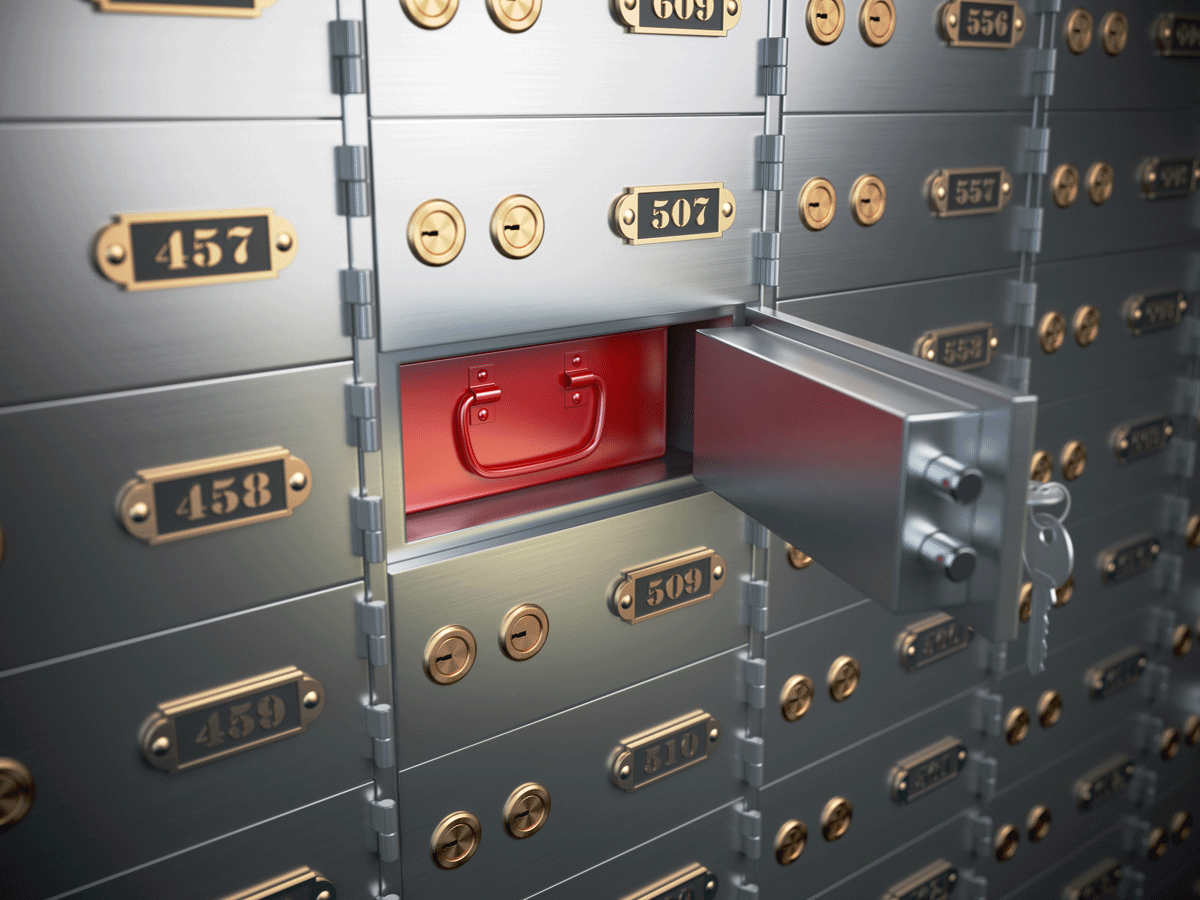
BANK LOCKER RULES 2024: WANT TO OPEN A BANK LOCKER? HOW TO CHOOSE, ELIGIBILITY, COST, OTHER DETAILS
A bank locker is a safe place to store valuable items, such as jewellery, important documents and other precious assets. Here’s how one can open a bank locker.
Choosing the right bank
Most banks offer lockers, but availability may vary. It’s advisable to choose a bank that is close to your place of residence, has a reputation for good service, and where one already has an account.
Eligibility
Most banks require customers to open a savings or current account as a prerequisite. Identification and address proof, such as a PAN or Aadhaar card, and a recent passportsized photograph are also needed.
Locker agreement
The bank provides a locker agreement that outlines the terms and conditions of usage. This agreement is legally binding and must be signed by both parties.
Locker allotment
Lockers come in various sizes. Allotment is based on availability and there could be a waiting period in some cases. Once allotted, the customer receives a unique key, while the bank keeps a master key.
Security deposit
Banks typically ask for a refundable security deposit, which can be in the form of a fixed deposit or cash.
Costs
The rent for a locker depends on the size and location of the branch. There might be additional service charges for visiting the locker more than the permissible limit.
Points to note
- While bank lockers are secure, they are not entirely risk-free. Most banks clearly state that they are not liable for the contents. Therefore, it's wise to insure high-value items.
- Nominate a family member who can access the locker in case of the account holder¡¦s death.
Content courtesy Centre for Investment Education and Learning (CIEL).
Contributions by Girija Gadre, Arti Bhargava and Labdhi Mehta.